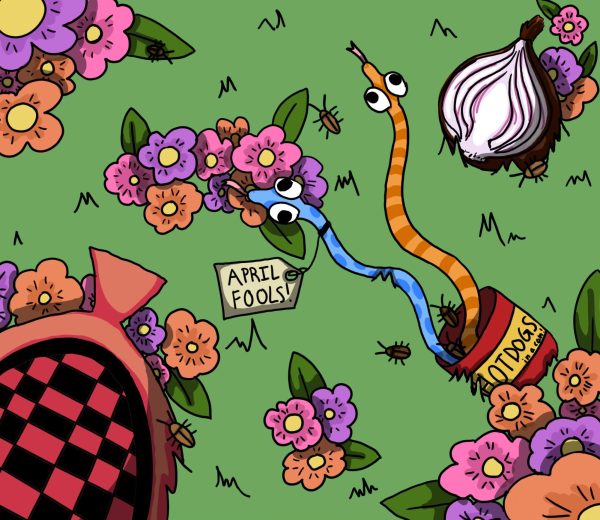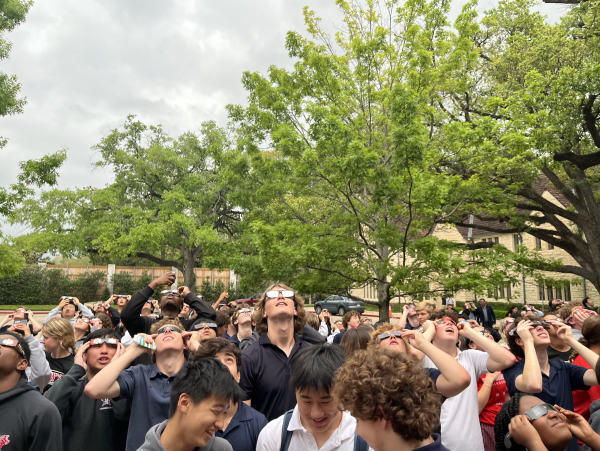High oak allergen count leaves students feeling a-pollen

This year’s onslaught of pollen has increased the severity of students’ allergy symptoms.
This year’s spring has been filled with anticipation, excitement and also… pollen. 2022 has been especially problematic for those suffering from pollen allergies—according to Yale Medicine, patients have been reporting increasingly severe symptoms.
“I consistently wake up at 3 a.m. not being able to breathe,” freshman William Baker said.
Symptoms of pollen sensitivity can take several forms; exposure to allergens can result in dry, itchy or irritated skin in addition to congestion and respiratory issues. More extreme symptoms can become an issue for students, especially when trying to concentrate.
“Sometimes I scratch the itch, but then I think to myself, ‘this is a big mistake,’” freshman Genna Larsen said. “It’s kind of distracting.”
In a time where one must weigh standing up to get a tissue during class with ostracization, this pollen spike is most certainly not welcome. According to the CDC, Omicron symptoms include a cough, fatigue, runny nose, sore throat and headaches. Pollen causes all of these.
“I do feel pressured to not cough and sneeze a lot of the time,” freshman Mark Vann said. “Since the pandemic that’s become a very serious sign of disease.”
In addition to making others suspicious of allergic peers, COVID has contributed to the severity of this year’s onslaught of runny noses and itchy eyes. During the height of the pandemic, masks were more widespread and many stayed inside their homes, working or learning remotely. Immunities were weakened by this period without exposure.
“It’s also partly because we didn’t have as cold of a winter,” said director of clinical services Tesa Stark. “We’re having a longer season where things can bloom.”
Recently, freshman Grady McMillin’s allergies have made it difficult for him to focus on schoolwork.
“I don’t usually get sick, but I’ve actually gotten sick this year,” McMillin said. “I’ve had to stay home from school because I was feeling so bad.”
McMillin took a trip to the allergist, where he was tested for susceptibility to different types of allergens. Doctors typically measure pollen intolerance on a scale of zero to four; McMillin scored a four on every assessment. McMillin’s allergist then recommended he start immunotherapy, which involves receiving three injectable doses of a form of pollen every week in hopes that he will build up an immunity to pollen over the next three to five years.
“It’s not going to be fun, but I’m hoping that if I start now that I’ll be done by the time I go to college,” McMillin said.

Lucy Walker ('25) joined The Review in 2021 as a freshman. She likes Big Salads and her second favorite animal is a shark.















